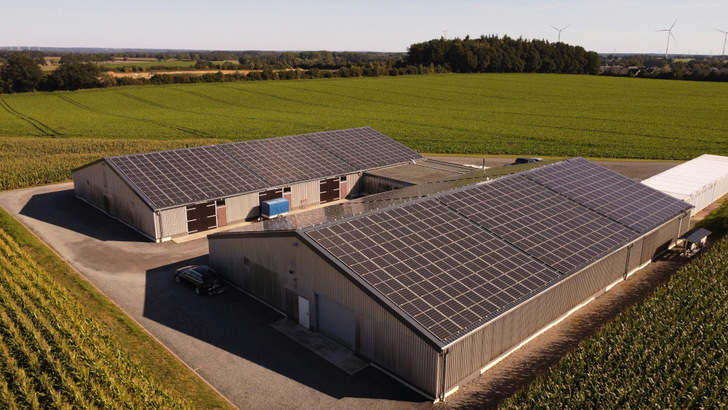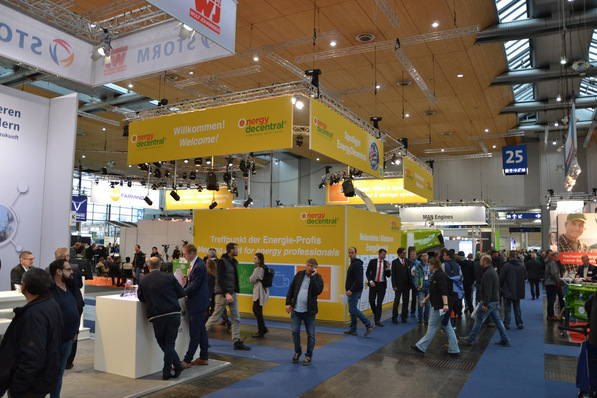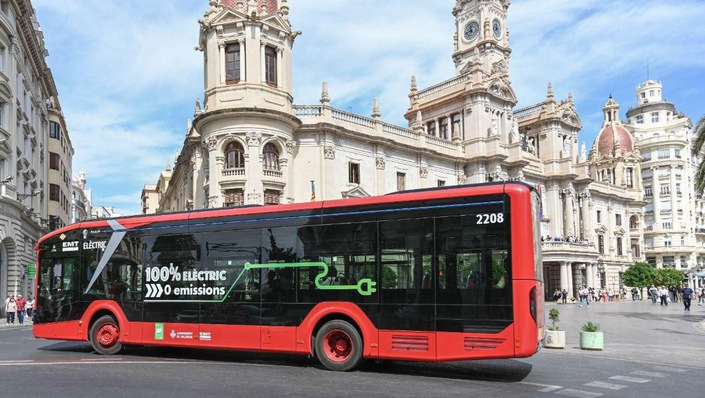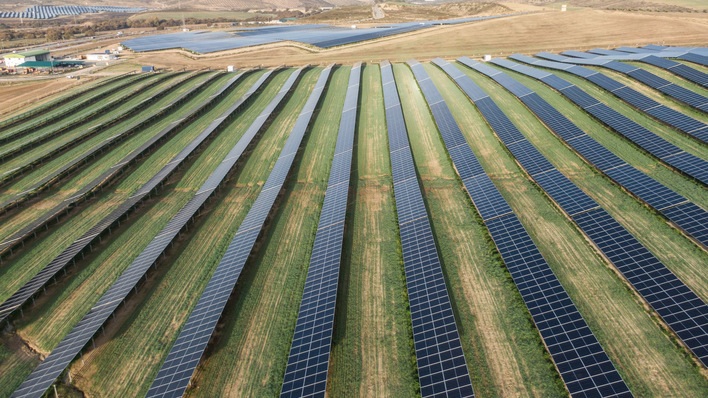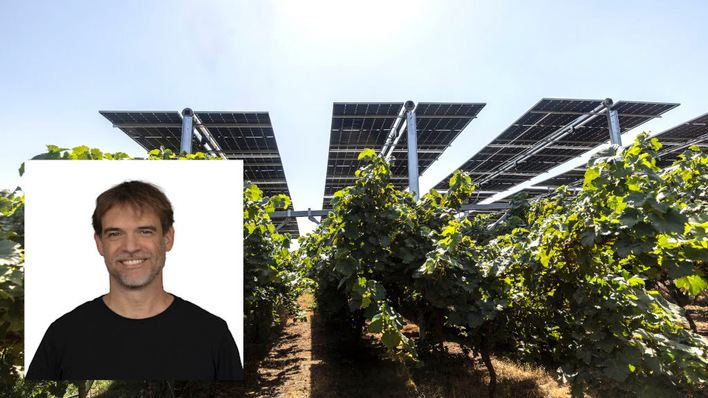Barns, stables, warehouses or machine sheds – many farms have large, partly unused roof areas. In the course of the solar obligation, which already applies in some German federal states and is being discussed in others, new agricultural buildings and roof renovations must also be equipped with solar systems in the future. However, many farmers have already installed photovoltaic systems – regardless of the solar obligation.
When installing a PV system, many farmers are faced with the question of energy marketing – and refinancing the investment costs. Even minor deviations in the implementation can mean partly different legal framework conditions. In addition to the classic surplus feed-in, so-called Power Purchase Agreements (PPA) can also be considered for local energy marketing.
Operator models for energy marketing
Basically, PPAs are long-term electricity supply contracts that plant operators conclude with electricity traders or directly with buyers. There are different forms. With on-site PPAs, electricity is supplied directly on site. The system operator only provides the solar electricity generated to one customer within a grid interconnection point. As a rule, the system operator is not responsible for the remaining electricity supply. He also does not take over the full supply of electricity to any tenant.
How Agri-PV supports regenerative and sustainable agriculture
Special case of the PPA
This model is particularly suitable if there are so-called anchor tenants with very high consumption. These are tenants in a property who exert a great attraction on customers or other tenants. This model is also suitable for tenants who are not interested in a full electricity supply due to existing framework electricity contracts. Tenant electricity in the commercial sector is a special case of the on-site PPA.
EU Farming Strategy emphasises the role of solar
This is because here the residual electricity is also procured by the system operator and sold on to the tenants. In principle, the model is similar to the subsidised tenant electricity in the housing industry, but due to the simultaneity of production and consumption in the agricultural sector, it is much more attractive.
Electricity contracts with customers
Off-site PPAs, or classic PPAs, are electricity supply contracts with customers outside the household connection of the generation plant. They require intensive preparation and generate high initialisation costs. Plant operators can either conclude an electricity supply contract with the companies to be supplied or with an electricity trader who resells the electricity to the consumers.
Udo Geisel from Wagner Solar: “We cover high wind loads”
Since the sale of solar electricity is a taxable activity, this can be a considerable expense. Also, some legal framework conditions have to be observed. Therefore, an alternative for owners of agricultural buildings is to lease the roof areas, for example, to a photovoltaic plant operating company or municipal utilities that offer tenants electricity.
How this tenant electricity model can be realized in detail, you can read in the full article available in our special on PV for farmers. You can download the special here free of charge. (su)

